1. Ralph Threatening to Send Alice “To the Moon” – The Honeymooners
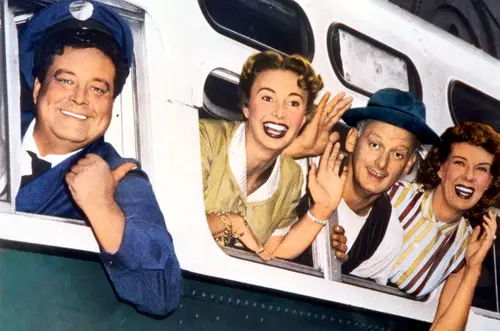
Ralph Kramden’s famous catchphrase, “One of these days, Alice, pow! Right in the kisser. To the moon!” was a running gag that audiences in the ’50s found hilarious. The joke was that Ralph was blustering but never serious, and Alice always rolled her eyes.
But today, even suggesting domestic violence, even as a joke, wouldn’t make it past network censors. Modern viewers wouldn’t find it funny at all, and the idea of hitting your spouse isn’t something that could be written off as harmless comedy.
2. Archie Bunker’s Racist Rants – All in the Family
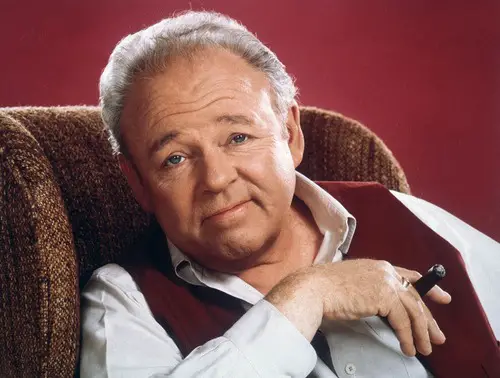
Archie Bunker was designed to be a satirical figure, exposing prejudice by exaggerating it. In the ’70s, audiences laughed while also confronting uncomfortable truths. Still, Archie hurled offensive slurs at neighbors and family alike, and those words made it to primetime.
If you aired those same rants word-for-word today, most networks wouldn’t touch them. Even in satire, giving airtime to racial slurs is a line TV no longer crosses. Archie’s character would have to be rewritten with a different kind of edge to get his point across.
3. Gilligan Getting Spanked – Gilligan’s Island

In some episodes, the Skipper would actually swat Gilligan for messing up. The gag was supposed to be that Gilligan was the bumbling childlike sidekick, and physical punishment was just a silly consequence.
Looking back, it feels weird that an adult character was treated this way. Today’s comedies lean on witty banter or slapstick that doesn’t involve parent-style discipline. Spanking your grown coworker wouldn’t fly as a laugh line in 2025.
4. Larry and His Sleazy Antics – Three’s Company
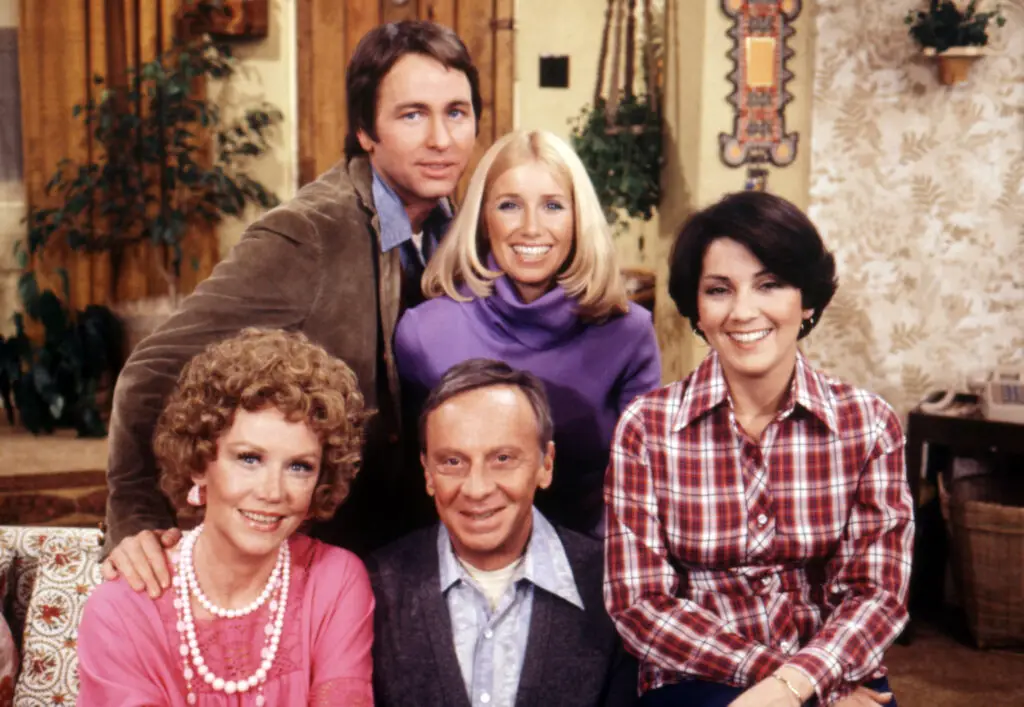
Larry, Jack Tripper’s neighbor and buddy, constantly schemed to pick up women with cringey one-liners. In the ’70s, his behavior was just painted as “harmless playboy fun.” Audiences laughed at his over-the-top sleaze.
Now, those jokes read more like harassment. A character whose entire personality was chasing women against their interest wouldn’t be written as comic relief. Viewers would expect a more self-aware take rather than the wink-wink acceptance Larry always got.
5. Misogynistic Bosses – Bewitched
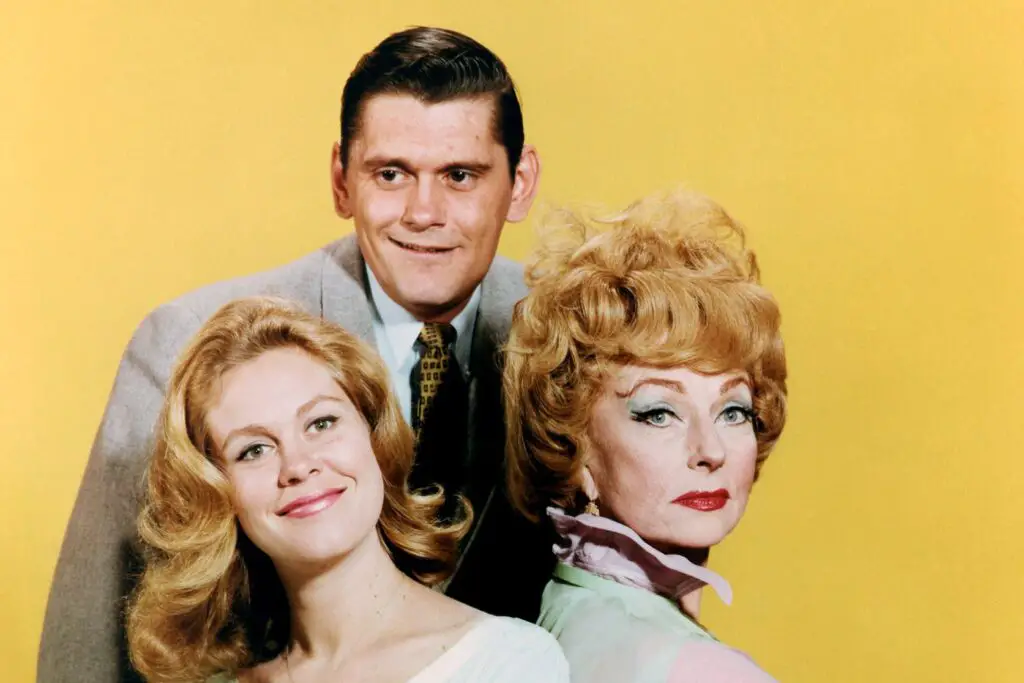
Darrin’s boss, Larry Tate, often ignored Samantha’s input or dismissed her as just “the wife.” It was common in workplace sitcoms of the ’60s for female characters to be invisible in business settings, even if they were clearly smarter.
Watching now, it’s jarring how normalized it was to laugh at dismissive male bosses. A modern show would give Samantha the upper hand, maybe even run the ad agency herself. Larry Tate’s attitude would definitely be written differently for a 2025 audience.
6. Blackface Episode – I Love Lucy
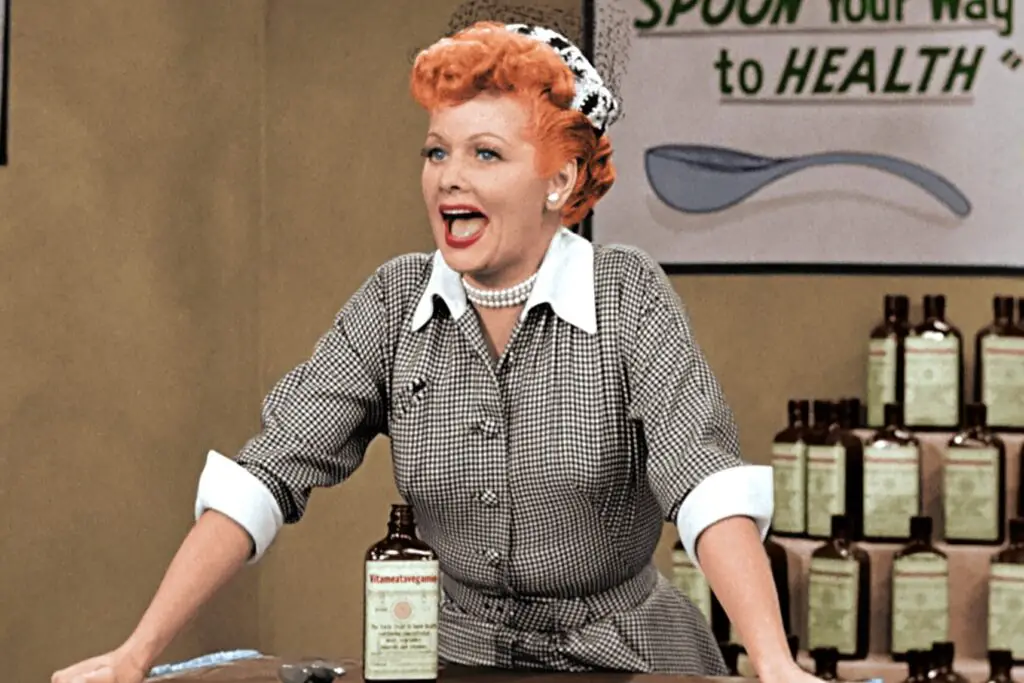
In one episode of I Love Lucy, Ricky appears in dark makeup during a musical number. At the time in the 1950s, it was considered just another comedy bit without much pushback from audiences.
Today, blackface is unequivocally offensive and would be met with outrage. Even in reruns, this kind of scene gets edited out. Lucy’s charm holds up in most episodes, but this particular plotline shows just how much TV standards have changed.
7. Homophobic Jokes – Friends

Even though it’s much newer, Friends leaned on homophobic humor more than people remember. Chandler’s father was the butt of cruel jokes, and there were running gags about the men being mistaken for gay. In the ’90s, audiences laughed without much thought.
Looking back, those jokes feel cheap and mean-spirited. Modern sitcoms handle LGBTQ+ themes with more care, often celebrating rather than mocking. That’s a cultural shift that makes rewatching Friends sometimes uncomfortable.
8. The Maid Treated as a Punchline – The Brady Bunch
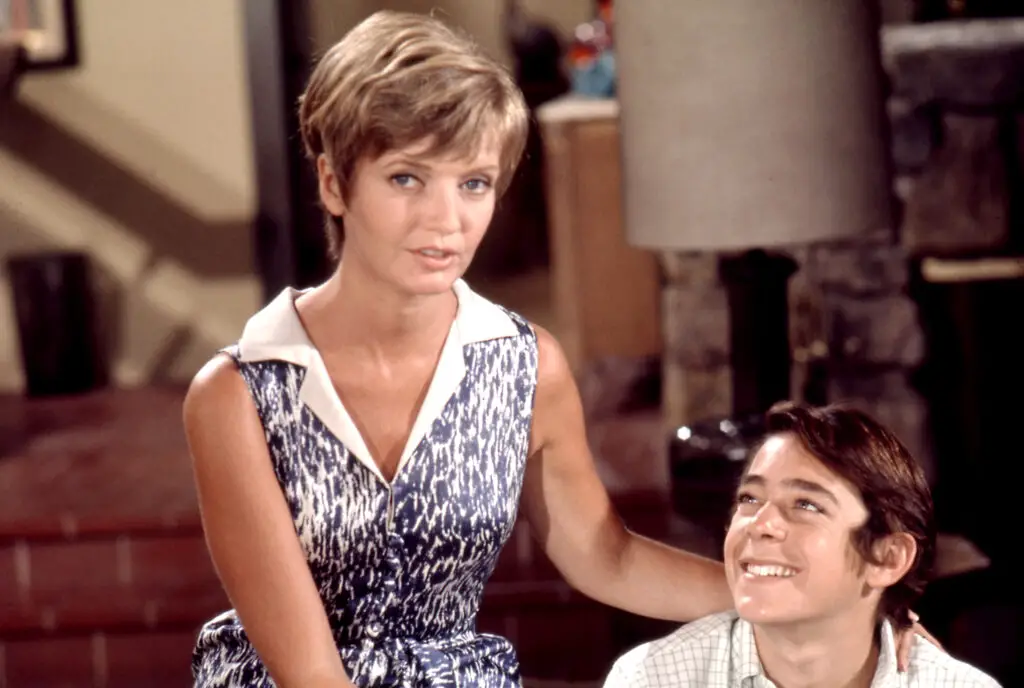
Alice, the Brady family’s live-in housekeeper, was often the comic relief, but many episodes made her the butt of jokes about her looks or her social status. In the ’70s, that was played as lighthearted humor.
Today, writing a character whose whole identity is “the servant who gets teased” wouldn’t fly. Audiences would expect Alice to have more depth and dignity, instead of being stuck as a stereotype. Modern writers would give her a storyline beyond being the household helper.
9. Klinger’s Dresses – M*A*S*H
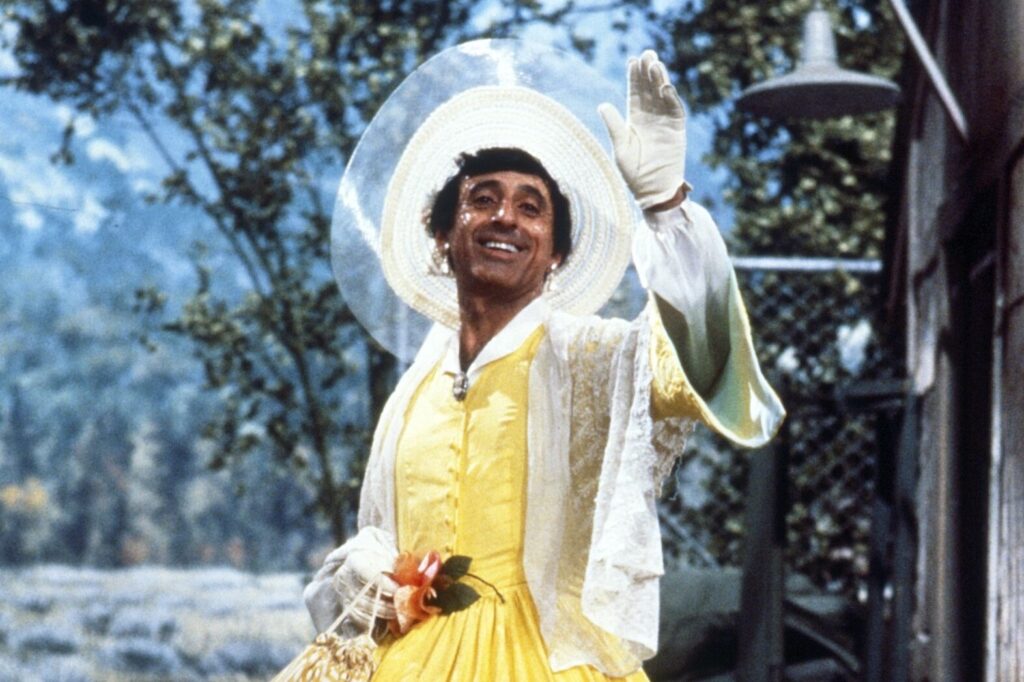
Max Klinger famously wore dresses in an attempt to get discharged from the Army. At the time, cross-dressing was used purely as a gag, with the joke being “isn’t it funny to see a man in women’s clothes?”
In 2025, gender expression is treated with much more respect. A character like Klinger would be written differently, maybe exploring identity rather than mocking it. While M*A*S*H is beloved, this recurring joke feels dated now.
10. Fat-Shaming Jokes – The Jeffersons
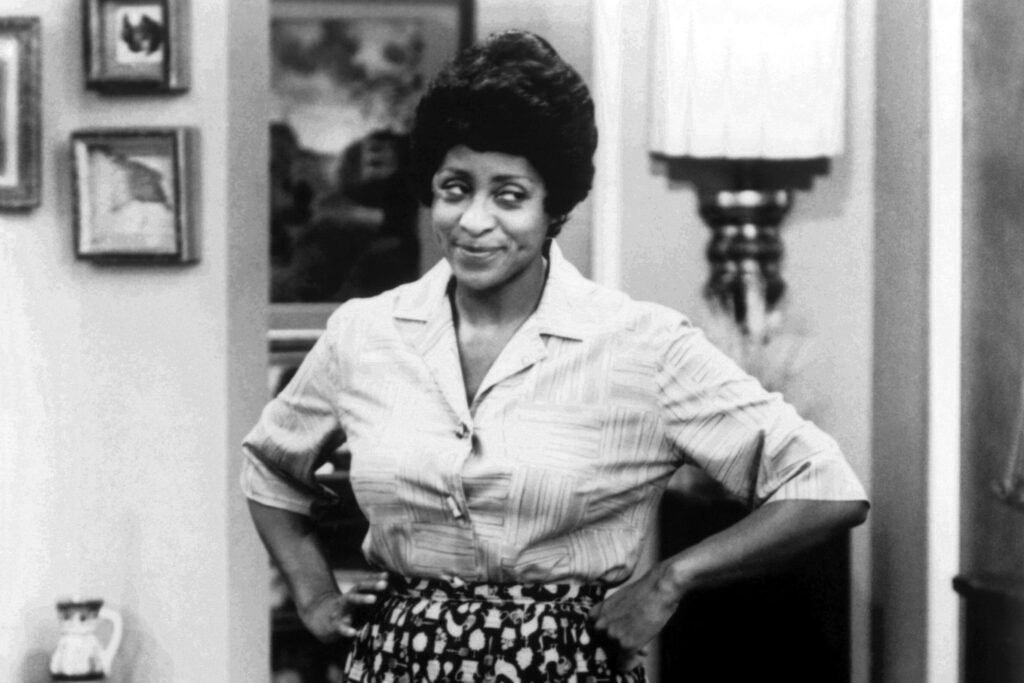
In multiple episodes, Florence the maid and George Jefferson trade insults, with weight often used as the punchline. It was part of the “zinger culture” of the ’70s sitcoms, and audiences loved the sharp barbs.
Today, fat-shaming is recognized as harmful and lazy writing. A modern version of the show would keep the wit but find other targets for the humor. Insults that hinge on body size just wouldn’t get laughs anymore.
11. “Very Special Episodes” With Cringe Handling – Diff’rent Strokes
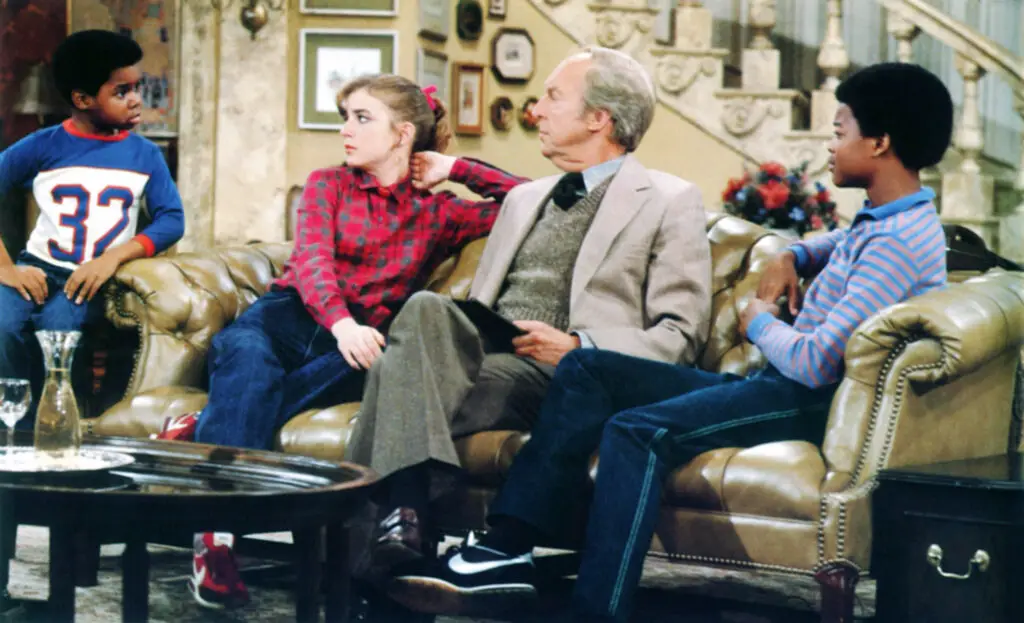
Diff’rent Strokes was famous for tackling big issues like drugs and even child predators in “very special episodes.” While it was groundbreaking at the time, the execution often came off heavy-handed or even uncomfortable.
Modern shows still take on serious topics, but they tend to weave them in with more nuance and care. The blunt, sometimes awkward handling of trauma in a laugh-track sitcom doesn’t hold up. It shows how TV was still learning how to mix comedy with serious lessons.
12. Cross-Cultural Caricatures – Gilligan’s Island
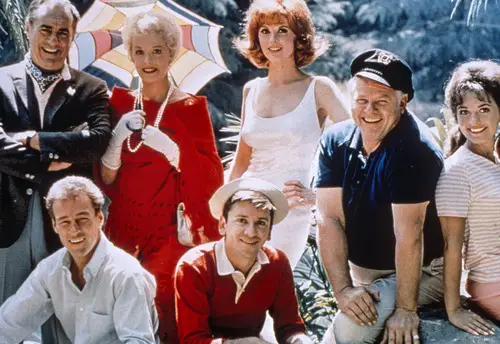
Several Gilligan’s Island episodes leaned on stereotypical portrayals of “natives” or “headhunters” as comedic villains. In the 1960s, this was a trope audiences accepted without blinking.
Now, those depictions are considered offensive and reductive. Portraying entire cultures as cartoonish threats would not be acceptable. These storylines remind us how much sitcom humor used to rely on stereotypes that wouldn’t fly today.
